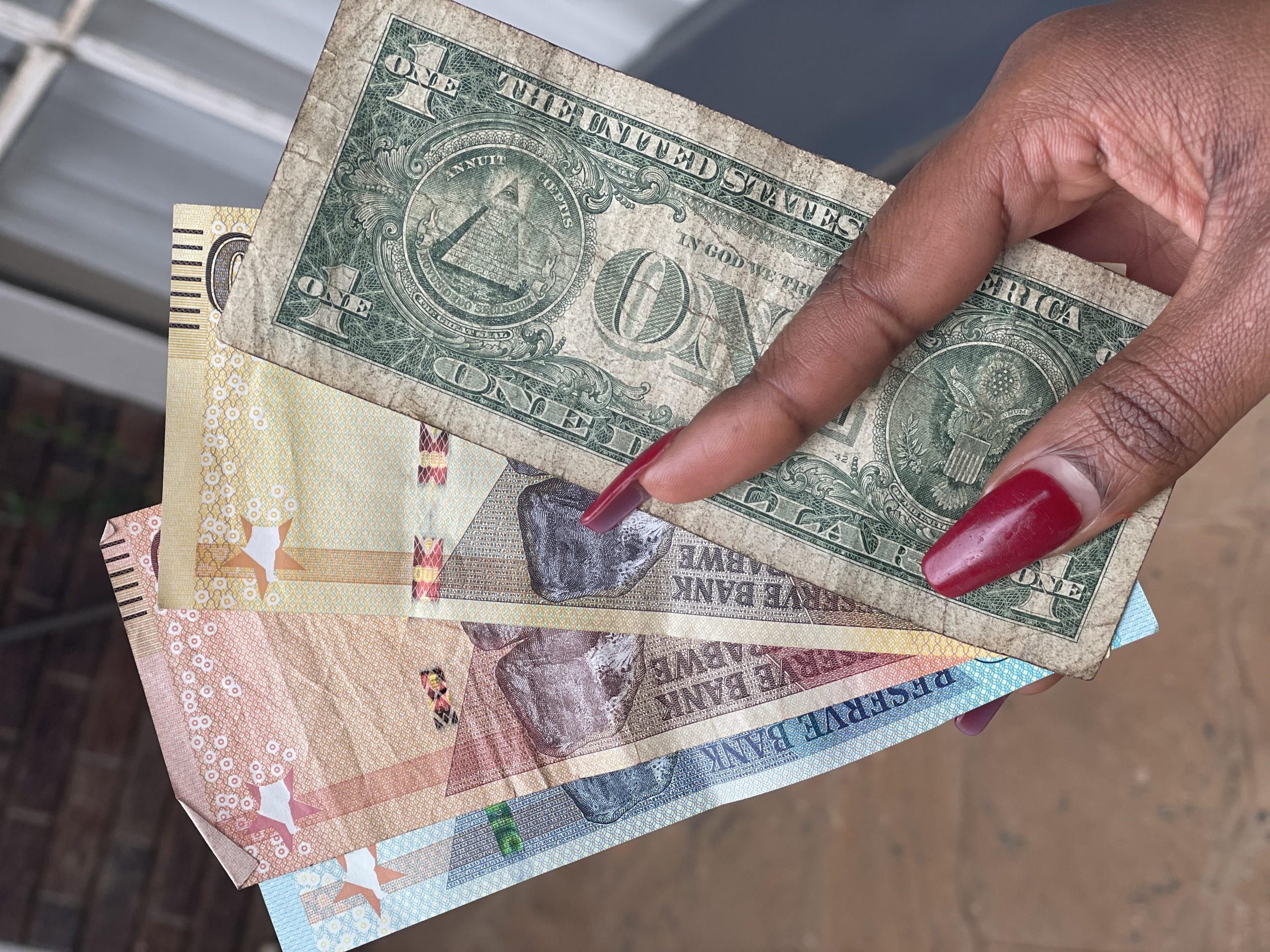By ETimes
The feasibility of domestic resource mobilisation to achieve sustainable development is a necessary but very difficult proposition given that Zimbabweans are hard-pressed and have been “tightening their belts” since the turn of the century (2000) and now the belt has reached to the bone.
Zimbabweans can hardly meet the basic daily requirements of food, shelter and clothing and to talk about savings is a “silly or bad joke.” The savings rate at the personal, domestic, and national levels is in the negative “territory.” You may confirm this with formal banks, which long ago stopped having savings and term deposit accounts as key and basic instruments of their intermediation role in any normal economy.
The speed at which salary and other deposits are withdrawn from current accounts despite the daily withdrawal limits tells you the sad story of Zimbabwe banking and savings issues. We are, of course, aware of where the money is going, i.e., straight for consumption or buying and selling informal trade activities with small amounts to “under the mattress banking” in preparation for family crises, which are many these days, etc. With no independent and autonomous currency of its own, Zimbabwe is de facto a “colony of the USA,” given that 90–95 percent of all transactions, including those of the state, are carried out in the USD.
Furthermore, forex is very hard to come by and is certainly “misused or abused” because it is now being used for transactions best left for local currency, i.e., selling locally produced goods and services. Further, it is now the most preferred and stable “store of value,” i.e., savings for the little people who are able or struggle to put aside.
De-facto The Zimbabwe monetary policy instrument is blunt and does very little to meet its objectives, as stated in the legal status of the RBZ Act. Thus, the role of RBZ has remained marginal, or, to be blunt, useless, since the collapse of ZWL in 2005–2008, i.e., the country can continue to plod on without this institution. Therefore, without our own currency in a new and futuristic environment that drastically addresses the serious lack of public trust brought about by Zimbabwe’s unending political “circus,” we believe that it is premature, or rather not serious, to contemplate a domestic resource mobilisation to anchor sustainable economic development. That is simply a “pie in the sky” and misplaced economic thought process.
The other big elephant in the room is the unstable, very fragile, and desperate macroeconomic situation Zimbabwe has been in for a very long time. This is a direct result of our bad politics. Without resolving this political mess, we will as a nation continue “digging ourselves deeper and deeper down the hole,” out of which we will not be able to climb out.
It is a pity that it is the younger generation and those yet to be born who will have to pay a “heavy price” to get this country going forward and able to optimise our God-given and rare domestic “blessings” to leverage external resources to anchor our economic growth and competitivenes – HARARE


